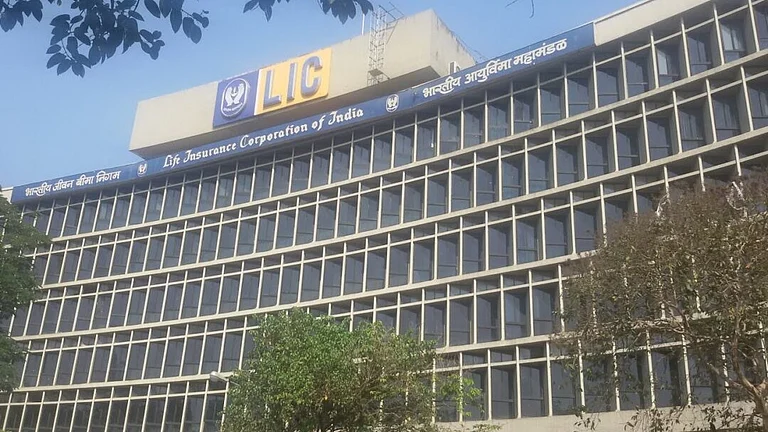A recent Supreme Court ruling could have a pivotal impact on many policyholders in India. The court observed that an insurer may reject claims if a policyholder does not disclose all material facts, such as whether they hold another insurance policy.
The judgment was delivered on February 26 in the case of Mahaveer Sharma vs Exide Life Insurance Company Ltd, where the insurer had rejected a claim on the grounds that the policyholder had other policies but failed to inform the company.
"It is the duty of the applicant to disclose all facts that may weigh with a prudent insurer in assuming the risk proposed. These facts are considered material to the contract of insurance, and their non-disclosure may result in the repudiation of the claim," a bench led by Justices B.V. Nagarathna and Satish Chandra Sharma said in the ruling.
What Was the Case About?
Mahaveer Sharma's father, Ramkaran Sharma, bought a life insurance policy from Exide Life Insurance on June 9, 2014, and passed away in an accident on August 19, 2015. His son filed a claim, which Exide rejected citing non-disclosure of existing insurance policies.
The company claimed that Ramkaran Sharma had other policies, one from Aviva Life Insurance with a sum assured of Rs 40 lakh and three LIC policies totaling Rs 2.3 lakh. While Sharma had disclosed the Aviva policy, he did not reveal the LIC policies.
In subsequent appeals, the Consumer Disputes Redressal Commission dismissed the complaint on September 27, 2018, and the National Consumer Disputes Redressal Commission upheld this decision on May 28, 2019.
The Supreme Court noted that insurance contracts are based on "utmost good faith," requiring full disclosure of material facts. However, the materiality of a fact depends on the specifics of each case. In this instance, the undisclosed LIC policies had relatively small sums assured compared to the disclosed Aviva policy.
The Court concluded that the omission of the LIC policies did NOT constitute material suppression that would have influenced the insurer's decision to issue the policy.
The Court set aside the lower court decisions and directed Exide Life Insurance to honor the policy and release the benefits to Mahaveer Sharma, along with 9% interest per annum from the date the amount became due until realisation.
According to The Economic Times report citing experts, full disclosure in life insurance is crucial, as it helps insurers assess risk, determine coverage, and set premiums appropriately. Experts caution that non-disclosure can lead to claim denial, as insurers rely on an applicant’s history to evaluate risk.
However, they also note that the Supreme Court's ruling sets a precedent against rejecting claims for minor omissions that do not impact underwriting decisions, ensuring fairer treatment for policyholders.

































